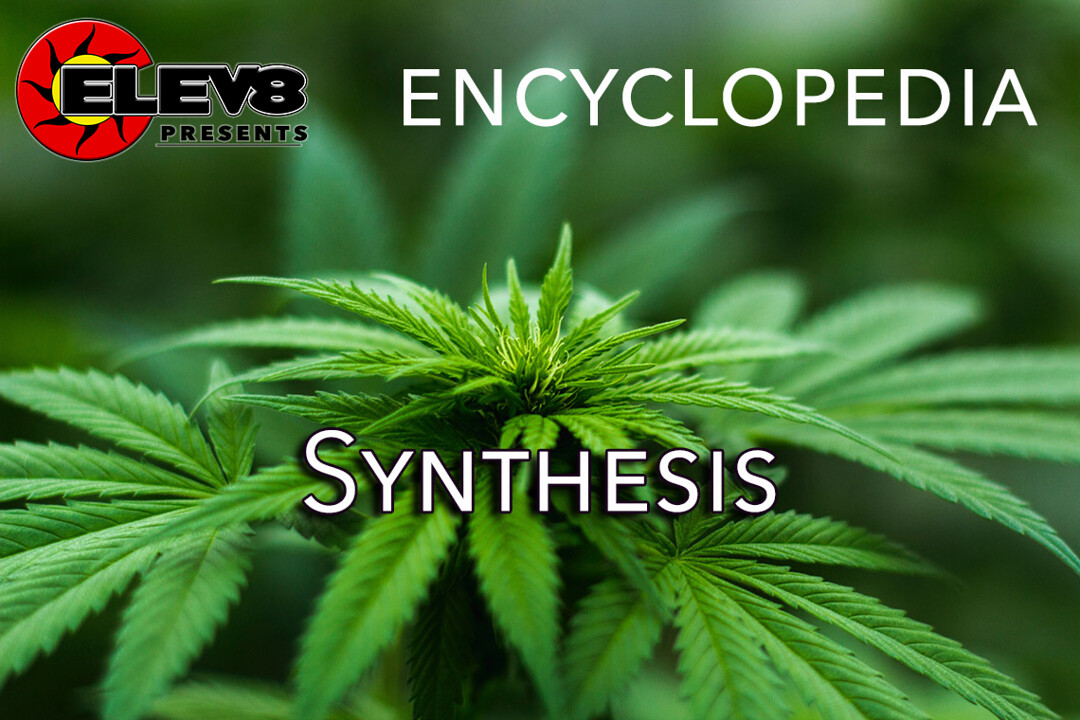What does Symbiosis mean?
Symbiosis refers to the biological and long-term interaction between plants. Also known as companion planting, symbiosis refers to the practice of planting plants with similar pH together. In some cases, dissimilar plants can also be planted together even if they do not have the same pH due to their symbiotic relationship.
More Info On Symbiosis
Symbiosis in gardening has been shown to be extremely advantageous to plants. According to botanists, companion planting can repel pests since some plants have been shown to emit powerful chemicals from their leaves or roots. These types of crops are also favorable for gardeners who do not have a lot of space to spare.
In some cases, companion planting can provide shade to smaller plants. For instance, spider flowers are often grown alongside lettuce since they can shield the more delicate leaves from direct sunlight. Because root depths differ from one plant to the other, gardeners often choose to grow a deep-rooted plant next to shallower ones in the interest of saving space.
Contrary to popular belief, symbiosis is not limited to pairs of plants only: in fact, trios of squash, pole beans and corn have been shown to support each other perfectly. Corn provides an excellent support for the beans while squash decreases both evaporation and weed. As for the pole beans, they can provide adequate nitrogen for the soil.







